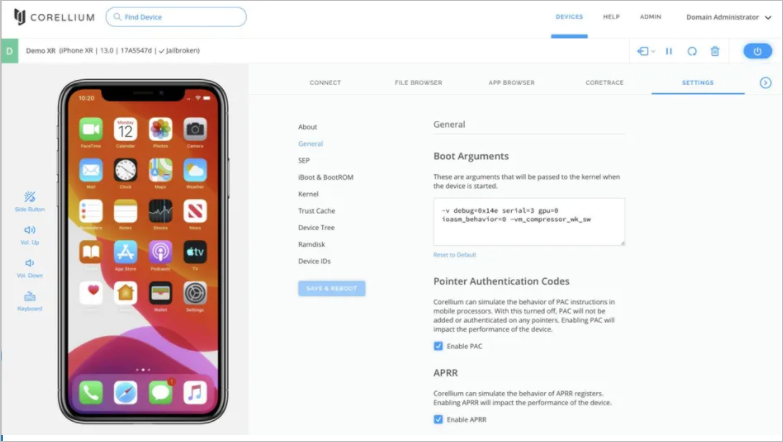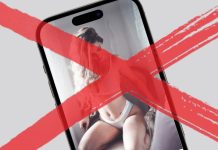Tech giant Apple has lost its copyright claims against Florida-based Corellium, a company engaged in the production of what it termed virtual iPhones, usually deployed by its system security research team in testing system vulnerabilities.
Apple held the view that Corellium LLC copied the operating system, graphical user interface and other aspects of the devices without obtaining its permission. It also accused Corellium of selling privileged information after hiding under the pretense of helping discover bugs in Apple’s iPhone’s operating system. Corellium was accused of selling such unauthorized information on the open market to the highest bidder.
West Palm Beach District Court Judge, Rodney Smith in the ruling on Tuesday stated that Corellium’s actions fell under an exception to copyright law because it creates a new, virtual platform for the iOS and adds capabilities previously not available on Apple’s devices. The Judge stated that the fact that Corellium sells its product does not in any way; undermine its fair use defense, particularly considering the public benefit accruing from the sale of the said product.
Apple currently has a hacker rewards program aimed at rewarding progressive hackers who discover flaws in its system. The company argued that the Corellium product went far beyond its own hacker reward program, even though Corellium said it evaluates potential customers and was at liberty to reject some customers.
Corellium has said its clientele was drawn from government agencies, financial institutions, and security researchers and further accused Apple of stymieing its operations by trying to control security research to limit what the public learns about vulnerabilities of its system. Apple had been in talks to buy the company but the talks crumbled after the two sides were unable to agree on a price, according to the court papers. The lawsuit began a year after the collapse of talks.
Corellium’s virtual product is currently being used on a desktop computer and currently cannot be used as a phone to make calls, send text messages, or do any of the other things an iPhone can.
The Judge insisted that there was sufficient evidence to support Corellium’s claim that the product was being used for security research, stressing further that Apple would have used the same for its internal security testing had it been successful in the acquisition of the company.
Officials of both companies are yet to comment on the court ruling at this time.
Apple drew parallels to the billion-dollar dispute between Oracle Corp. and Alphabet Inc.’s Google unit, which was now at the US Supreme Court after the Appeals Court dismissed Google’s arguments that it had the right to copy Oracle code for inclusion into its Android operating system. However, Judge Smith ruled that the two cases were not comparable
The judge said that Corellium may still be in violation of the Digital Millennium Copyright Act, which prohibits tools to circumvent security measures, therefore he declined to dismiss that aspect of the case in his ruling. He ordered the two sides to submit a status report by January 11, 2021 to determine how the case proceeds.
UP NEXT: Xiaomi 55W GaN charger compatible with the Mi 11 launched for 99 yuan (~$15)
(source)







